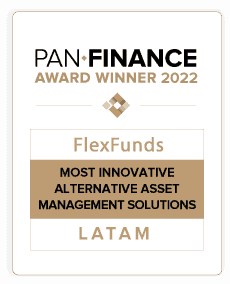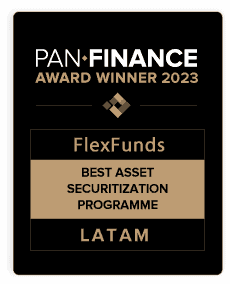Hedge funds and private equity funds are not as similar as you think
In the financial domain, there are various collective investment vehicles that aim for their participants to make profits according to their needs.
Among the best known are hedge funds and private equity funds. Although the general public is often confused with each other, the truth is that they are very different and designed for different types of investors.
What is a hedge fund?
A hedge fund is an investment vehicle specifically designed to achieve a positive return regardless of the general trend in the financial markets; however, this cannot always be achieved.
One of the characteristic features of hedge funds is that they are freely managed: their hedge fund manager or lead manager can buy and sell almost any type of asset and structure any strategy, volatility, bearish, bullish, etc.
As the U.S. Securities and Exchange Commission (SEC) explains, “hedge funds are not as regulated as mutual funds and generally have more leeway than mutual funds to pursue investments and strategies that may increase the risk of investment losses.”
Having fewer restrictions than a traditional mutual fund a hedge fund is often more profitable in short to medium term, but at the cost of higher risk. For example, a hedge fund might place all its capital in shares of a single company. If they grow, the return will be staggering; the loss will be devastating if they fall.
What is a private equity fund?
In turn, a private equity fund is a company that allows investors, individuals, or corporations with high purchasing power to invest in shares of companies that are not listed on the stock exchange.
In this case, the funds raised are taken by the companies that need the financing to invest in their businesses, expand, improve their financial situation, etc.
The essence of private equity funds is linked to more conventional investment: analyzing the fundamentals of a company and partnering with it to make a profit in the long term.
According to the Corporate Finance Institute (CFI), “institutional funds and accredited investors are often the primary sources of private equity funds, as they can provide substantial capital over long periods.”
Differences between hedge funds and private equity funds
Although many confuse hedge funds with private equity funds, the truth is that they carry essential differences between them.
Objective and time horizon
First, as discussed above, while hedge funds aim to beat the market in the short and medium term, private equity funds have a vision of several years or even decades.
The former wants to make money from stock market movements regardless of whether the trend is upward or downward. The latter, on the other hand, aims to follow the evolution and cycles of a set of companies.
Risk assumed
The risk of private equity funds will depend on the companies they invest in and their stage of development. Generally speaking, the risks could be lower since the time horizon is long-term, which reduces the volatility of financial swings.
On the other hand, since hedge funds carry out more short-term strategies, they are exposed to the more significant fluctuation of prices and values, radically increasing the risk-return ratio.
Liquidity
Since the companies in which private equity funds invest are not publicly traded, the participations are less liquid, making it more difficult to convert them into cash available for use.
Meanwhile, while not all hedge funds allow investors to enter and exit under the same conditions, they tend to be more flexible because they operate mainly in liquid markets with supply and demand matching capabilities.
Ownership and control
Another difference between a hedge fund and a private equity fund is the level of ownership in the companies in which they invest.
Usually, hedge funds do not aim to get involved in their boards of directors to be able to make decisions and modify their courses; they only seek to take advantage of the behavior of their share price.
However, private equity funds usually take an active role in management since they want to profit from the products or services that the companies provide to society, as is the case with “conventional businesses.”
Investment structure
Likewise, the investment structure of these financial vehicles is different. On the one hand, private equity funds make large bets on a few companies because, as we commented above, they aim to get involved in their management.
But hedge funds buy as many shares as they need to build their strategy regardless of the percentage of ownership. Again, the movements in secondary market prices are of interest.
Hedge funds and private equity funds are different and target different audiences but both seek to generate economic benefits for their participants.
Sources:
- https://www.investor.gov/introduction-investing/investing-basics/investment-products/private-investment-funds/hedge-funds
- https://corporatefinanceinstitute.com/resources/wealth-management/private-equity-funds/







